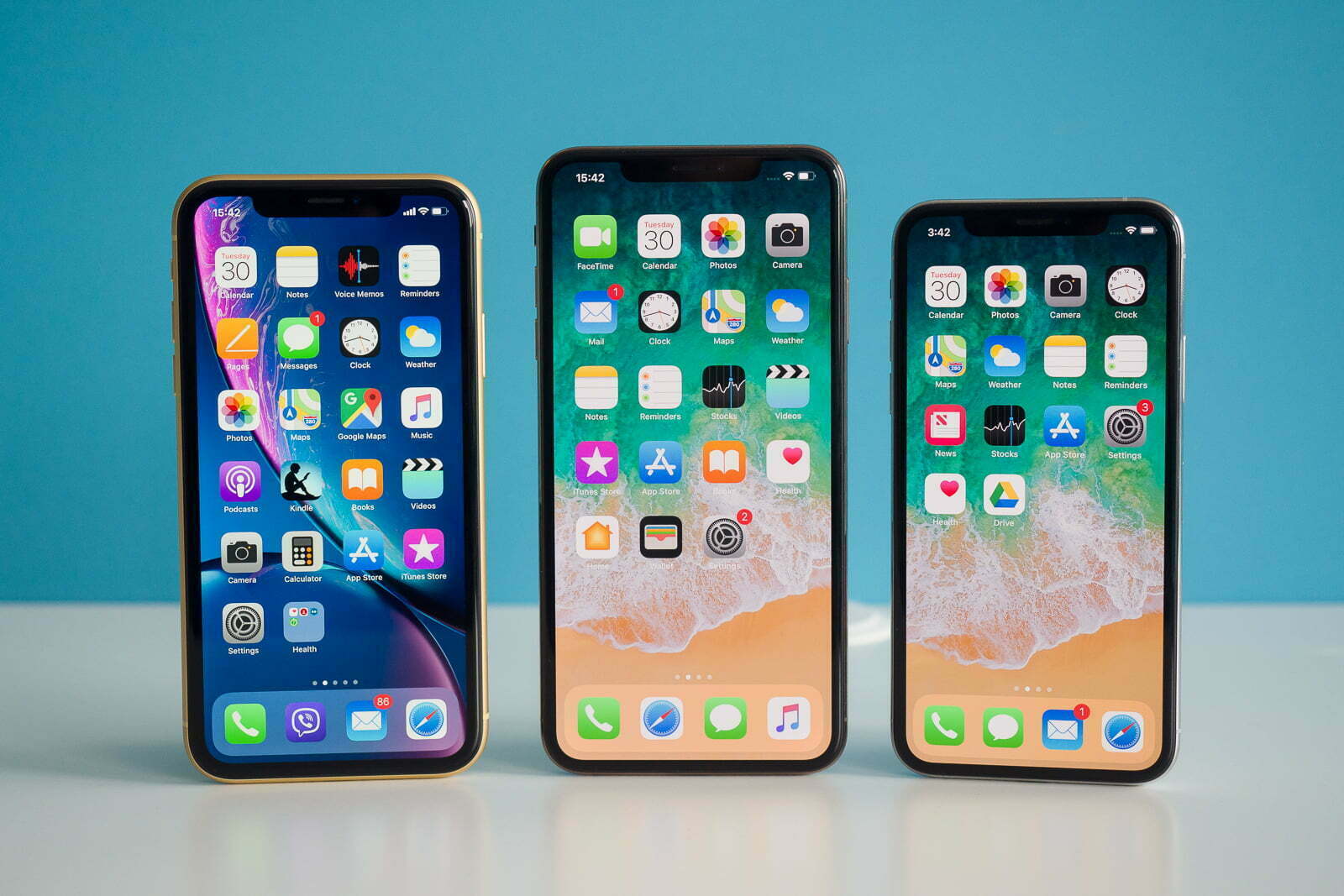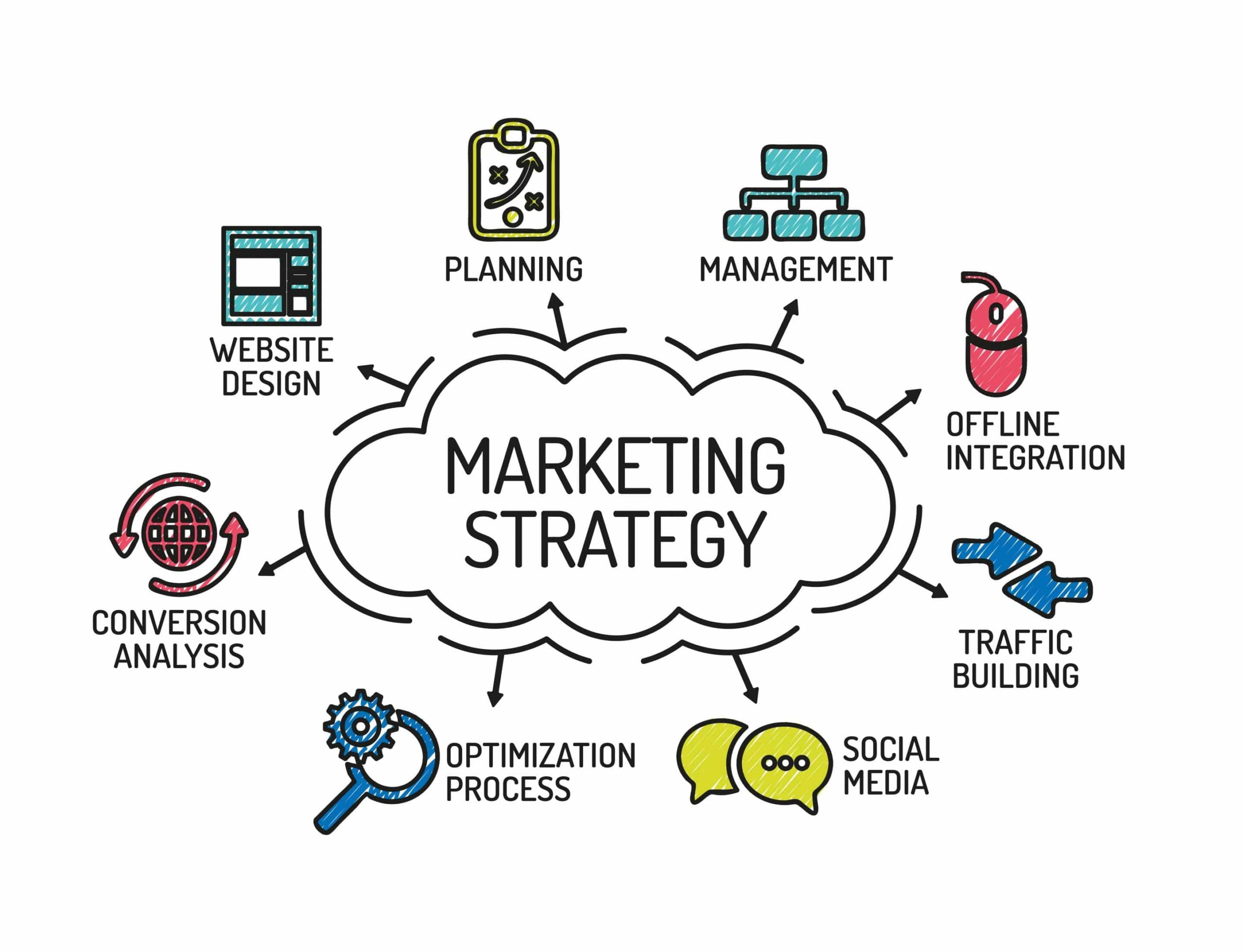The breakup that ended my first, right adult relationship changed into a catalyst for a protracted spell of restless (from time to time wine-crammed) nights, seeking to scale down the impulse to text the one individual on my mind desperately. I had always been high-quality with being on my own. Now, something I once cherished had to turn out to be a terrifying prospect.
Breakups are alienating in that no two are equal—the individuality of the scenario can render humans’ well-supposed affirmations and pep talks useless. But a wave of self-care apps created with newly single humans in mind promises to offer a small manner of soothing the sting of loneliness.
Mend CEO, and founder Elle Huerta moved to San Francisco and turned into dwelling on my own when she went through the breakup that inspired her app. “I become pretty new to a huge metropolis, and I had my work pals, but in lots of methods, I felt isolated,” she said Broadly. “I started seeing a therapist who turned into highly beneficial, but then I might conflict via the intervals of time in between every session. Heartbreak is 24/7.”
Huerta wanted Mend to be like a “pleasant buddy who also has outstanding recommendation” and offer comfort throughout those first few days that are particularly sore. It encourages prioritizing your dating with yourself thru journaling, logging day by day self-care sports, or listening to audio training from intellectual health and wellness specialists.
Elle isn’t on my own. In 2015, Stila Cosmetics founder Jeanine Lobell and therapist Jane Reardon got here up with Rx Breakup, a “30-day, 3-step software” that provides equipment to help you compartmentalize your mind and emotions through analytical writing sporting events and targets that will help you replace dangerous coping mechanisms with a positive alternative. The app is meant to tailor your personal revel in a manner this is absolutely non-public to you. “We noticed a want and thought we should fill it,” Reardon told Vogue. “I’ve study masses of self-assist books, and I locate them so redundant and repetitive.”

There’s also Break-Up Boss, created in 2017 through Australian writer and dating columnist Zoë Foster Blake, an app designed to truely smack your hand away while you’re approximately to cave and get in touch with your ex. Its most magnificent characteristic lets you vent your emotions in a faux text for your ex so that you don’t need to deal with the looming cognizance which you’ve sent an undignified 2 AM message the next morning. Illustrations serve to remind you of all the great bits approximately being unmarried (constantly attending to select what’s on TV, being capable of a move to a exclusive country), and hitting an SOS button produces motivational rates and recommendations on how to permit your breakup undoubtedly shape you.
“The ‘no ship’ letters and journaling I have seen in those apps are all conventional psychotherapeutic techniques of liberating pent-up emotions,” says Counselling Directory member and authorized therapist Beverley Hills. “However, there may be no room for face-to-face comments or dialogue where numerous perspectives and history of patterns of behavior are explored. Consequently, the non-public journey a client takes with such apps can be very one-dimensional.
“Of direction, all of my customers have whole autonomy as to how they stay their lives outdoor of counselingling room, but I would advocate caution in that there is probably some battle, specifically if the apps are not searching beyond relationship dynamics.” The app won’t be indignant in case you don’t take its recommendation.”
Some damaged-hearted singles see using an app as a more handy alternative to remedy. “I even have used face-to-face counseling earlier than, and I desired that plenty but couldn’t find the money for it, so this was the following first-rate aspect,” says Verity, a 24-year-old Mend user and journalist from London. “I became constantly calling my friends and family; however, I didn’t need to hold bothering them. In this manner, you aren’t waking everybody up in the nighttime, and the app won’t be offended if you don’t take its recommendation.”
“I think there may be still numerous stigma around heartbreak; [it’s seen as] something you ought to be able to ‘get over simply,’” says Huerta. “So many humans are dismissive of breakups, but every person who has been through a breakup or divorce knows simply how debilitating one can be.”
The wake of those apps is properly-timed, with self-care becoming increasingly more a part of millennial subculture and generation allowing us to be almost right away to be had to each different—they offer a handy manner to facilitate the moving on the manner for your personal time and without being limited to the confines of a health practitioner’s room. “A digital pocket instruct to your traumatized, fragile, splendid little coronary heart” is how Zoë Foster Blake defined her app to the Who magazine.
“After all,” she delivered, “why need to breakups be the boss of your existence, temper, persona, food regimen, social life, sleep patterns, and (now ravenous and atrocious) ingesting behavior? Fuck that.”
Hills advises that users input any data-sharing set-up with private development apps with their eyes huge open. She maintains that one-to-one interplay remains very important, given that there is ultimately no such issue as assured privateness when speakme approximately undertaking something online. “[It’s] why face-to-face therapy is a extra powerful approach,” she explains. “We are sworn to confidentiality via our moral framework to which we adhere our exercise.”
Verity’s net searches had been already “quite a heartbreak heavy,” so she says privacy has become less of a issue to her. But the very nature of heartbreak means that apps like Mend may emerge as being the sufferers of their personal success: The greater effective they may be, the less in all likelihood their customers will become desiring them.
“I would tend to use it most when I became by myself within the evenings, in particular, if I become under the influence of alcohol. I rated my temper as being the worst possible whenever I used it,” Verity explains. “By the time I were given to the factor wherein I would have started to outscore my mood better, I bumped off the app due to the fact I’d quite an awful lot forgotten about it—which changed into a terrific signal.”







